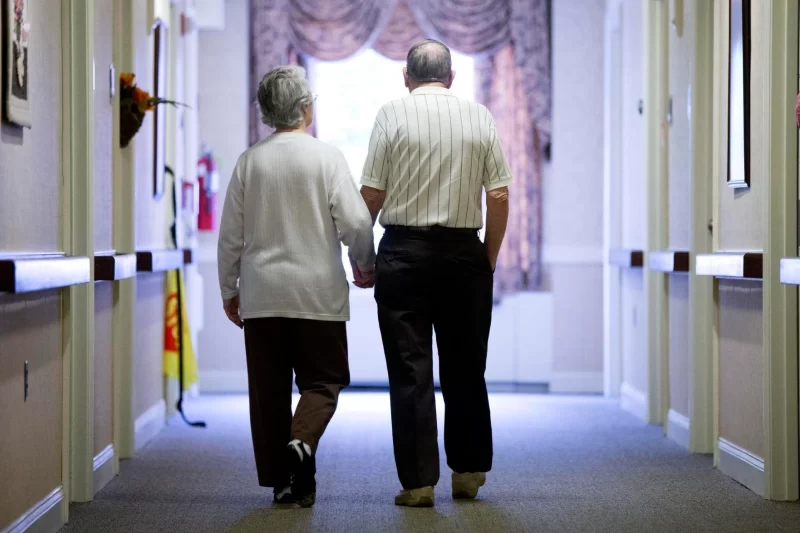By Anthony Hennen | The Center Square
(The Center Square) – Pennsylvania’s Department of Human Services is looking at a $6.4 billion budget increase, but legislators worry about some regulations around nursing home staffing.
Gov. Tom Wolf’s budget proposal would increase the DHS budget from $46.9 billion to $53.4 billion. The department works to “enable our fellow Pennsylvanians to lead safe, healthy, and enriching lives. This agency exists both to improve the quality of life for people of all ages across the Commonwealth and to be a helping hand during difficult times,” acting Secretary Meg Snead said in her testimony to the Senate Appropriations Committee.
The pandemic required the department to improve their flexibility and design new programs to serve those in need, Snead said. “[At] the Department of Human Services, 80% of the funds are for health-care services,” Snead said.
DHS serves roughly 900,000 Pennsylvanians who account for 26% of the Medicaid population but 71% of Medicaid spending, and Snead expects that number to rise as the Commonwealth’s population ages while the growth of costs increases twice as fast as revenues to support the services provided.
One of the sticking points that will drive up costs is the regulatory requirement to increase the minimum staffing standard in nursing homes from 2.7 hours per patient per day to 4.1 hours.
“If this regulatory proposal is enacted, Pennsylvania’s nursing homes would have the highest staffing minimum in the country – equal only to Washington, D.C.,” said Sen. Kim Ward, R-Greensburg. “I might add that nursing homes in my district and across the Commonwealth are telling me that they’re finding it difficult to staff even at 2.7.”
Yet, in DHS’s cost calculation, the department did not account for recruitment and training costs, benefits, or staffing agency costs, Ward said, and asked for an updated number to reflect the true cost of the regulation.
“Right now we don’t have updated calculations to share, but the governor’s executive budget does highlight $190.1 million in support of the increased rates,” Snead said.
“Again not a lot of silver linings to a pandemic, but one was the existing holes in the safety net were lit up for all of us to see,” Snead said. “This is a chronically underfunded industry, absolutely.”
Snead was supportive, however, of reevaluating existing regulations to ensure they are not overly prescriptive without reason. Regulators should not give the same weight to minor concerns like where lamps are placed in a nursing home as they do for bigger safety issues, she noted.
